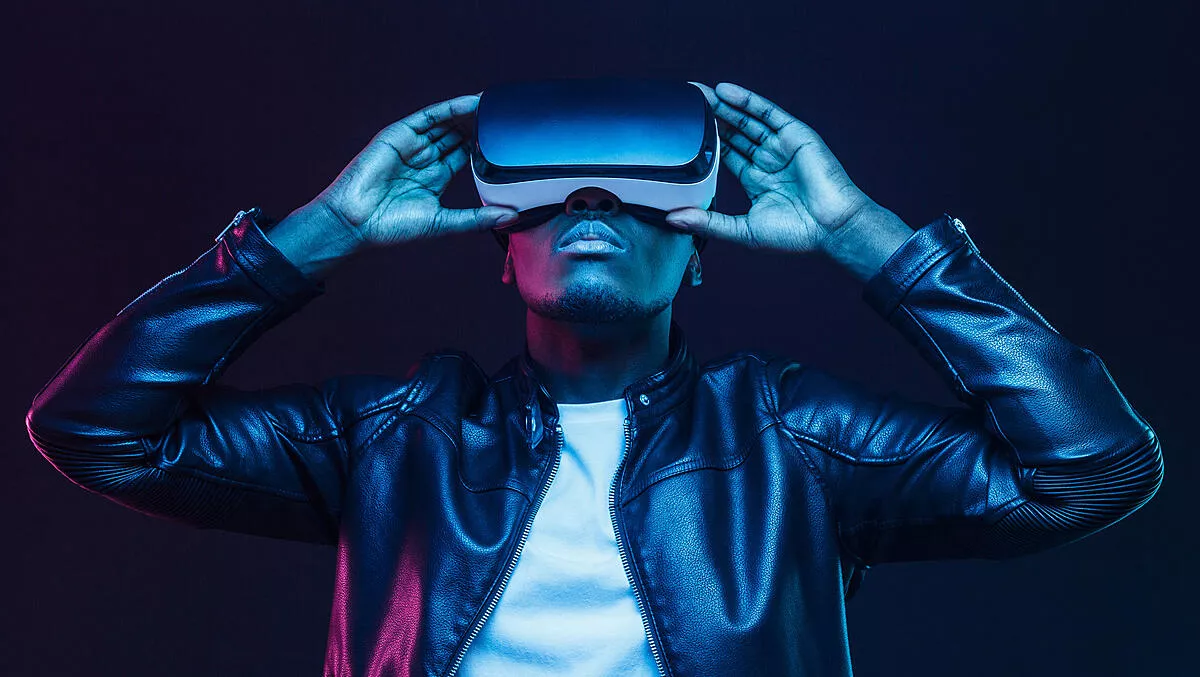
Virtual reality (VR)'s popularity continues to soar but it's an area that's largely unregulated, which is causing headaches for some regulators around the world.
Yes, even the humble VR is prone to content ownership disputes and IP theft, which is leading to fair use policies, copyright and trademark acts popping up everywhere, according to data and analytics company GlobalData.
A recent report, titled Virtual Reality Thematic Research, shows that regulators are mainly concerned about users' privacy and personal data.
“The growing awareness of the need to protect user data is a result of regulations such as Europe's General Data Protection Regulation (GDPR), Japan's Act on the Protection of Personal Information (APPI), and California's Consumer Privacy Act (CPA),” says GlobalData.
The firm points out that two of these regulations (the GDPR and the APPI) require companies to keep personal data like biometrics (like fingerprints) to remain stored in the region in which they operate.
Companies must also have transparent privacy policies that state why they are collecting user generated data, and how that data is used.
“New privacy policies from Facebook and HTC make it clear that user data is stored on the devices and that they do not share information such as credit card details with affiliate third parties for security reasons. As guided by regulators, the companies also equip users with features to request, access, correct, and suspend their personal data from privacy centres,” GlobalData states.
In China, which is arguably the world's largest gaming market, there is still furious debate about the social impact of video games, particularly on children.
“In 2019, China imposed a ban on games that feature blood or corpses. Although the impact of this new rule on the Chinese VR industry is unknown, developers of popular first-person shooter VR games, such as The Brookhaven Experiment, Serious Sam VR, and Resident Evil 7 VR, risk losing ground in China,” says GlobalData.
“Game developers will need to reintroduce censored versions of the titles to avoid legal risks. However, China's desire to dominate the global VR market leads us to believe that regulators will not attempt to stifle the industry with heavy-handed regulation. Age restrictions are likely to emerge in the coming years, which will prevent children from accessing violent games. HTC, which dominates the Chinese arcades market, will also revamp its Viveport Arcade portal to comply with regulations.
In the United States, companies working with VR are taking it upon themselves to create their own ethical guidelines. Google, HTC, Oculus, Samsung, Sony and Acer are doing just that. They formed the XR Association, which promotes the growth of immersive technologies through best practices for the immersive tech industry.
